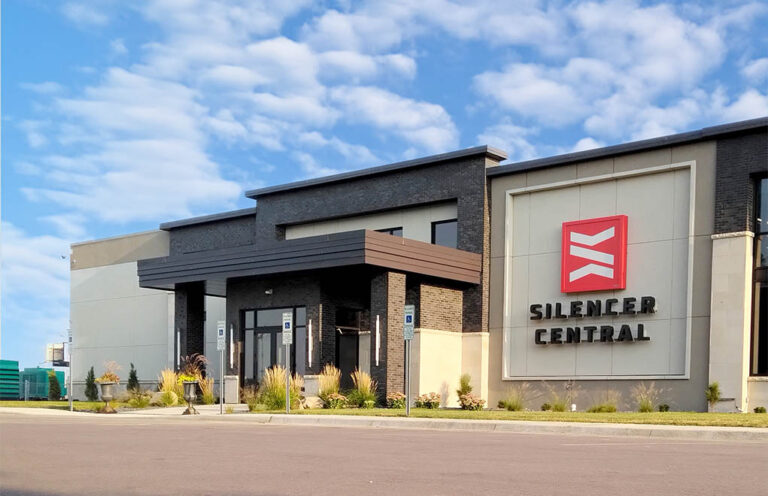
A closer look at Silencer Central, a company that has proven efficient for the arduous endeavor of hushing up a firearm.
When Brandon Maddox passed me his card, one part of the text jumped out at me immediately—pharmacist. At this point, it’s been a cup of coffee since the founder and chief muckety-muck of Silencer Central plied this trade. But forgive him: He’s been too busy reinventing the retail suppressor market, building one of the premier purveyors of the ever-so-popular muzzle device. Yet, it struck me that he continues to keep this moniker from a past life alive—along with his license in a handful of states.
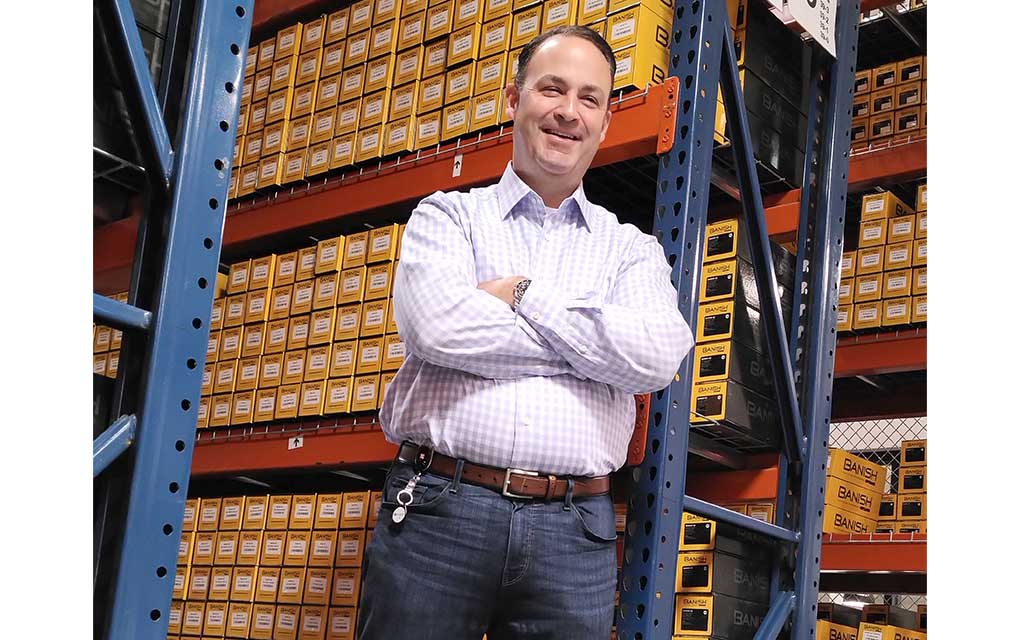
Sure enough, he invested blood, sweat and likely caffeinated nights to earn the professional degree at University of North Carolina and Duke. In turn, hard work, pride and a little family honor are wrapped up in the title. But scratch the surface of Silencer Central and the company’s success is wrapped up—in part—in pharmacy. Well, that, and bad consumer experiences, the great state of South Dakota and prairie dog hunting.
Confused yet? Here, I’ll explain …
The Need to Hush Up
The easiest place to start is South Dakota—Sioux Falls, to be exact. Prompted by his wife, Maddox left the East Coast for his wife's hometown in the southeast corner of The Rushmore State. As it does so many folks, the ample sportsman opportunities of the more tropical of the Dakotas enraptured Maddox. In particular, the state’s ample prairie dog population.
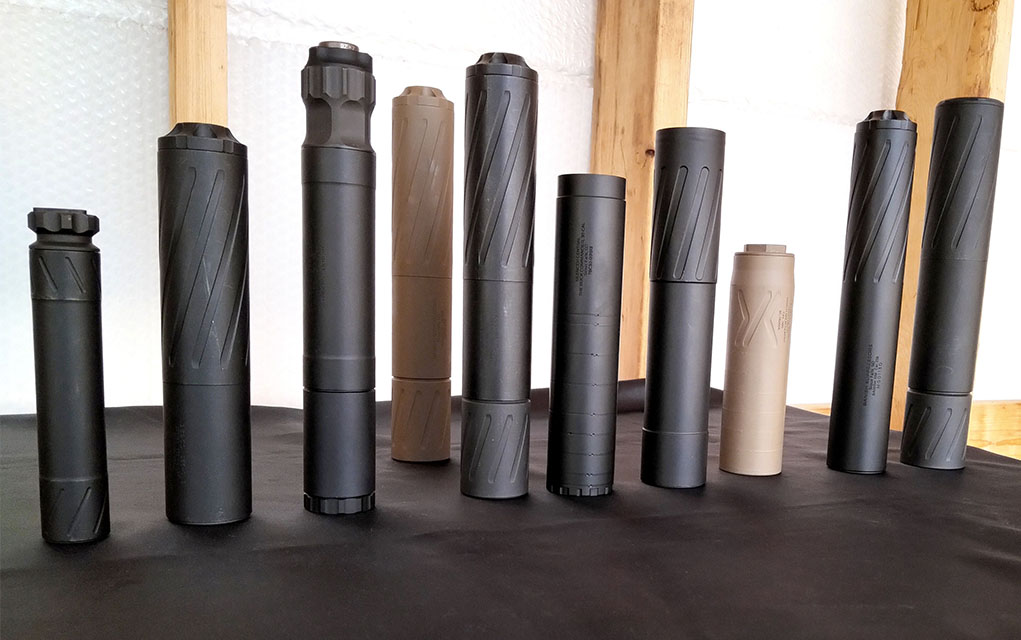
As anyone who’s dusted off the plains varmints knows, the draw of the sport is high-volume shooting. Few other styles of hunting outside of doves and snow geese offer the opportunity of as many trigger pulls. But unlike the wingshooting disciplines, Maddox was quick to observe one of the paradoxes of the endeavor: Send your first varmint to Valhalla, and the rest of the town tends to keep their heads low for a long time.
Sigh. A half a day’s drive to a shoot for a fraction of expected trigger pulls is not exactly the recipe for excitement. Maddox, however, had a plan to improve his chances in the field. All it would take was a modest investment in what was then a somewhat rare device—a suppressor.
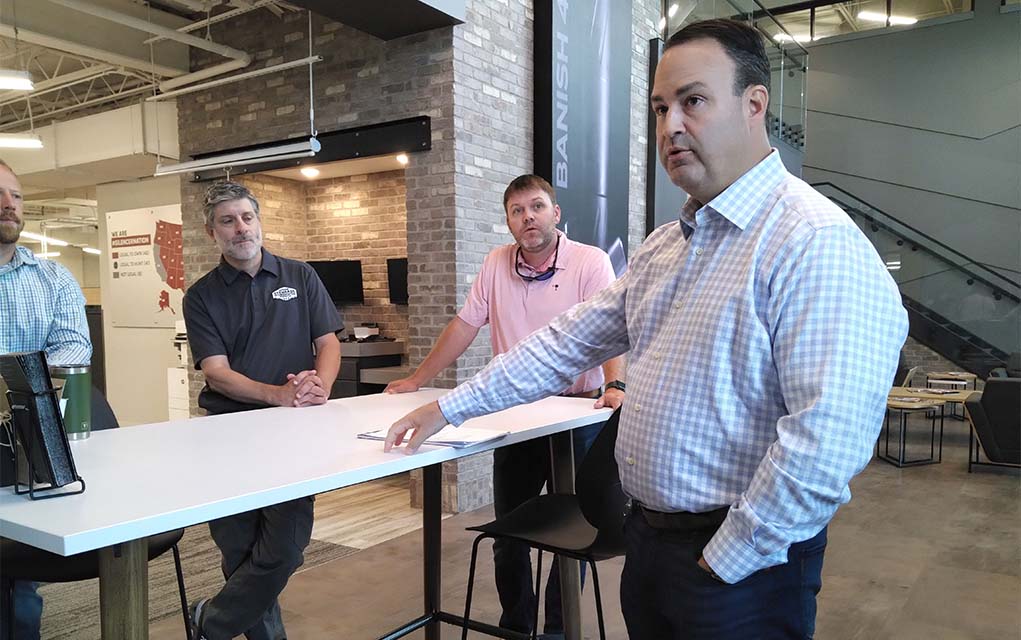
Problem solved, right?
Blasted by the Suppressor Market
We’ll get into buying a suppressor in a bit and how Silencer Central has streamlined the process. Suffice to say, this was not the environment Maddox operated in during the early 2000s when he set out to buy his first device. Sure, the NFA paperwork, the $200 tax stamp and waiting (and waiting and waiting) were all the same. Where you did business was different.
Then, the nation had yet to embrace the wonders and conveniences of the internet, so your one choice to buy a suppressor was through your local gun store. Maddox came to find out it was subprime.
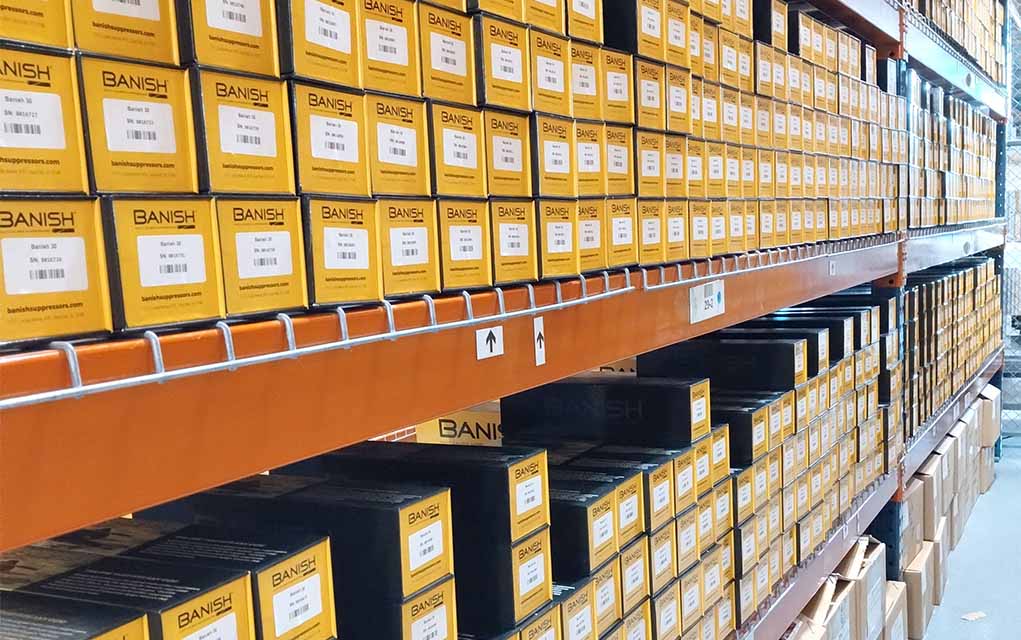
First off, you were dealing with a retailer not exactly enthralled with the prospect of exercising their Class 3 license. Why would they be? Brick-and-mortar operations are set up for a sell-and-shake transaction: You pick a gun, they collect the cash and both of you are on your merry way. Suppressors are a longer-term commitment in the sales process, with money up front and hand wringing on both ends.
Additionally, back then, most mom-and-pop operations had a passing knowledge of the rarely sold devices. They knew suppressors suppressed the report of the gun; if they were experienced, they might be cognizant a can would reduce recoil. Gaining in-depth insight into the nuances of suppressors, which make up a slew of the reasons why one is preferable to another, was lost on most of this era’s retailers. Hence the reason why Maddox’s first can was akin to threading a car muffler on his rifle. Worse yet, when he attempted to rectify his mistake with a new model, he was back to square one in the process and came out with one equally unsatisfying, albeit for other reasons.
It seemed if Maddox was going to rectify the issue of hit-and-miss—mostly miss at this point—suppressor purchases, he was going to have to take matters into his own hands. Luckily, he had a few things going for him.
Prescription for the Suppressor Market
The first ace Maddox played was his father-in-law, who was an FFL. Through his tutelage, the then pharmacist in charge of a mail-delivery national pharmacy gained his licensure to sell firearms and, more importantly, suppressors. This kicked off his basement business, South Dakota Silencers, which sold at state-wide gun shows.
Maddox’s next ace was his pharmacy background, particularly the business end of the industry. With his keen eye, he was quickly aware of how many folks from neighboring states were beating a path to his business at the shows. This was money left on the table—given he couldn’t sell out of state—which led him to look to expand. From his company, he evolved into Dakota Suppressors, first to North Dakota, then Nebraska and continuing growing from there.
And for the next aspect pharmaceuticals play in building a suppressor empire: Maddox was also uniquely qualified to navigate the highly regulated world of national NFA device sales. Let’s just say that he knew his way around the block.
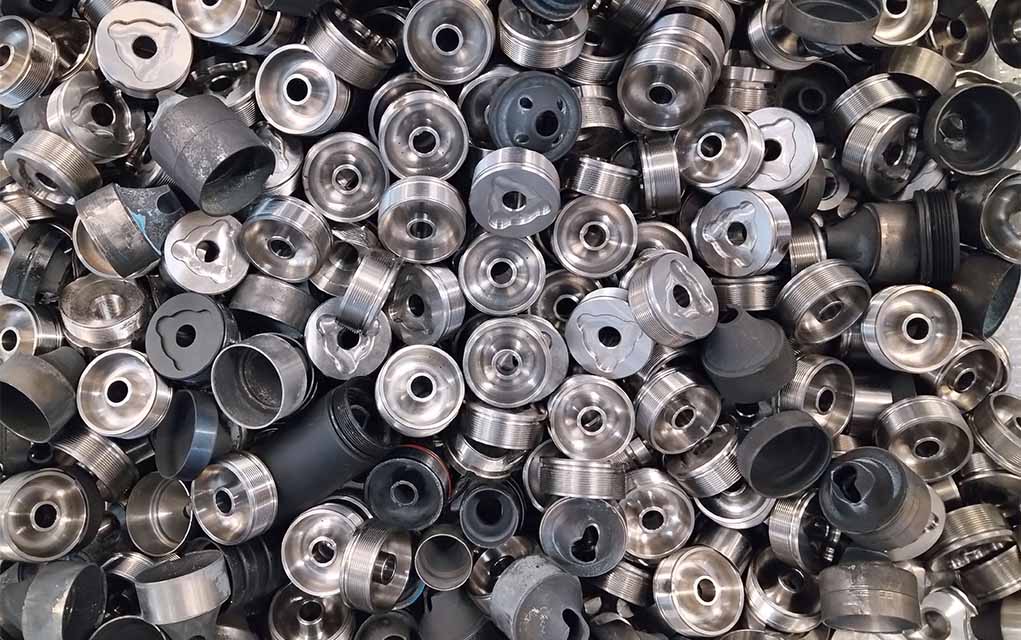
“At GlaxoSmithKline (GSK), I worked on the first pharmaceutical product to do direct-to-consumer advertising in the industry,” Maddox said. “All direct-to-consumer advertising had to be pre-approved by the FDA before we could use it commercially with consumers. Watching our team at GSK work directly with the federal regulatory branch, the FDA was instrumental in navigating the federal regulations in firearms with the ATF.”
Finally, Maddox knew the biggest barrier for the consumer was the process itself. Much like the nationwide mail pharmacy he worked for when he started what would become Silencer Central, Maddox knew the red tape had to be cut—or at least alleviated—to build a successful business in the niche.
This all leads us to …
The Rise of Silencer Central
Modestly tidy and residing at the edge of an industrial park in northwest Sioux Falls, Silencer Central’s HQ represents the axis mundi of American suppressor sales. At present, nearly 200 employees buzz around this hive, marketing, taking orders, filling orders and helping potential customers route a course to suppressor ownership. This doesn’t count its off-site employees, with FFLs on the payroll in the 42 states where suppressors sales are legal … and their partners who manufacture Silencer Central’s Banish line of cans. And this success all comes from demystifying and de-fanging one of the most unnecessarily arduous processes in all consumerism.
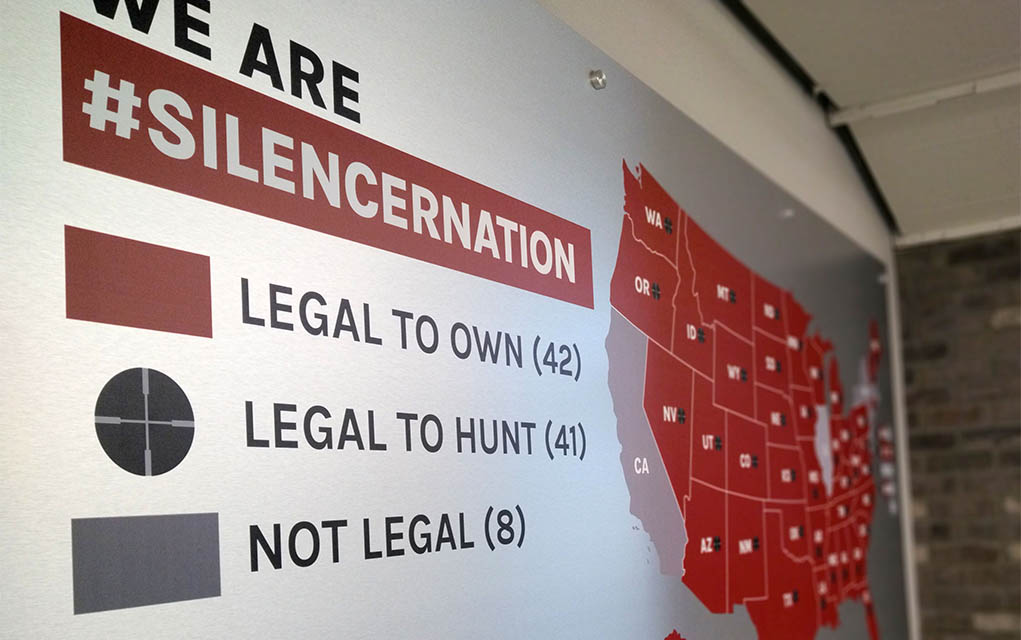
Overall, this was Maddox’s main aim: simplification. And he’s achieved it in spades.
Silencer Central experts assist customers in selecting a suppressor and take care of paperwork submission after a brief phone consultation. Customers only need to answer questions and provide necessary information. Silencer Central offers a free trust service, allowing the easy addition of members post-purchase.
The paperwork end of things takes a mere 15- to 20-minute chat, and the hands-on aspects—passport-style photos and fingerprints—are flawlessly facilitated with clear instructions and tutorial videos. Heck, Silencer Central even provides flexible payment options, including a four-installment plan and personalized schedules.
Approval typically takes 8 to 10 months, during which Silencer Central maintains communication with monthly check-ins. Once approved, customers digitally complete Form 4473, and the suppressor is shipped to their door after passing through the company’s South Dakota facility. Ongoing customer support is available 6 days a week during business hours.
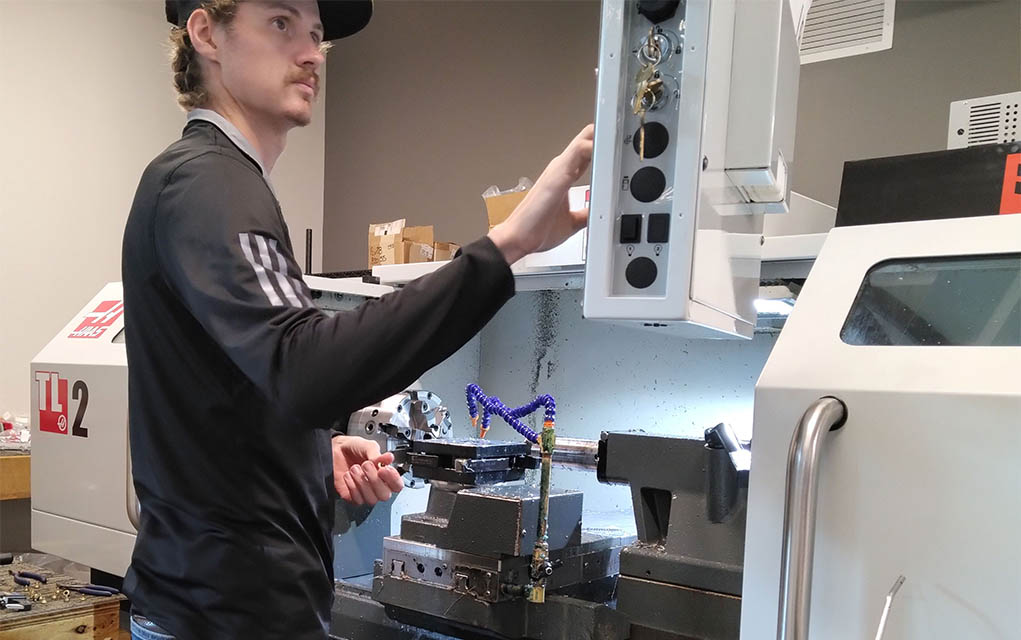
Not that these completely within-the-bounds innovations still didn’t turn heads, but when Silencer Central officially lifted off the ground in 2019 as a national company, Maddox was politely invited to meet with the ATF in Washington, D.C. Far from a one-on-one inquiry of his business, he walked into a room brimming with more than 4 dozen federal agents and officials.
Honestly, it sounds more ominous than it turned out. The officials were mainly interested in his business model—given nothing like it existed previously. Bureaucrats are going to bureaucrat, so in return for the info, they offered guidelines for running his business. These have been implemented to keep the powers that be at bay, and they haven’t made Silencer Central miss a step in delivering what they promise—a painless process from picking a can to picking it up.
Proof in the Pudding
So, have Maddox’s efforts been worth it? On my trip to Sioux Falls, I went through the process of filing the paperwork for a suppressor and creating a trust. Honestly, I would have put it at a 10-minute ordeal. Then, we took the time to sample the company’s wares at the range, including Silencer Central’s brand-spanking-new BUCK 30 and Banish Speed K, along with its classics. Top to bottom—from .22 LR to .338 Lapua—the suppressors performed.
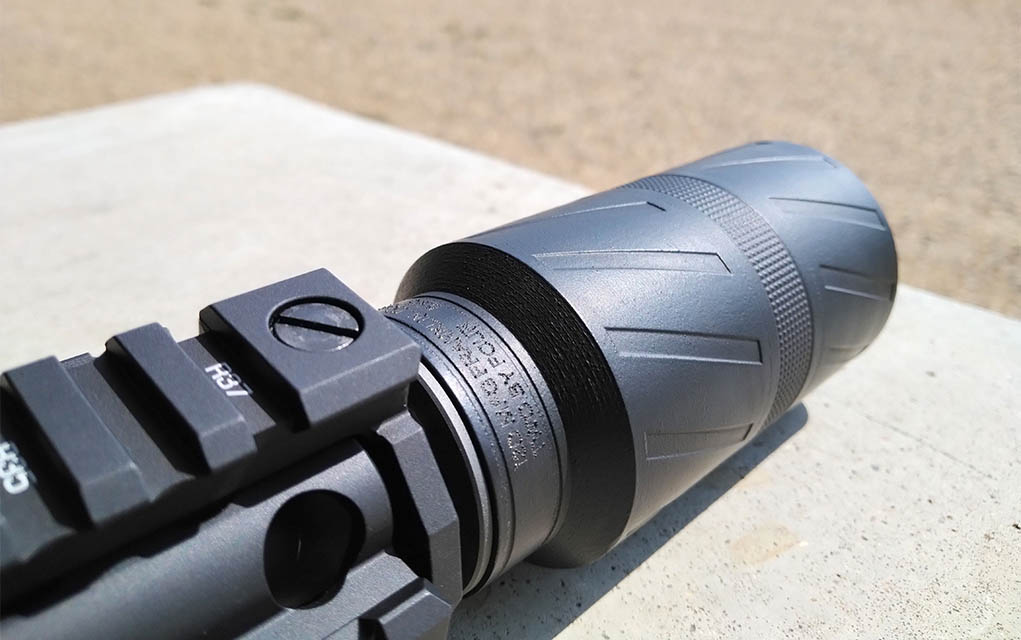
Maddox is fond of saying, “If you shoot suppressed, you’ll never want to shoot unsuppressed again.” He’s right. And with the streamlined process he’s concocted at Silencer Central, he’s given you every reason to put the assertion to the test.
Editor's Note: This article originally appeared in the Suppressor Special 2024 issue of Gun Digest the Magazine.
More On Suppressors:
- The Suppressor: How They're Made, How They Work, And How To Buy One
- Best AR-15 Suppressor Options For A Quiet Advantage
- Handgun Gear: Best 9mm Suppressor Choices
- Best .22 Suppressor Choices To Mute Your Plinker
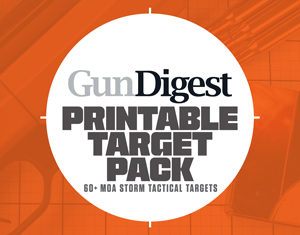
Next Step: Get your FREE Printable Target Pack
Enhance your shooting precision with our 62 MOA Targets, perfect for rifles and handguns. Crafted in collaboration with Storm Tactical for accuracy and versatility.
Subscribe to the Gun Digest email newsletter and get your downloadable target pack sent straight to your inbox. Stay updated with the latest firearms info in the industry.

![Best Concealed Carry Guns In 2025 [Field Tested] Wilson Combat EDC X9S 1](https://gundigest.com/wp-content/uploads/Wilson-Combat-EDC-X9S-1-324x160.jpg)


![Best 9mm Carbine: Affordable PCCs [Tested] Ruger Carbine Shooting](https://gundigest.com/wp-content/uploads/Ruger-Carbine-Shooting-100x70.jpg)
![Best AR-15: Top Options Available Today [Field Tested] Harrington and Richardson PSA XM177E2 feature](https://gundigest.com/wp-content/uploads/Harrington-and-Richardson-PSA-XM177E2-feature-100x70.jpg)
